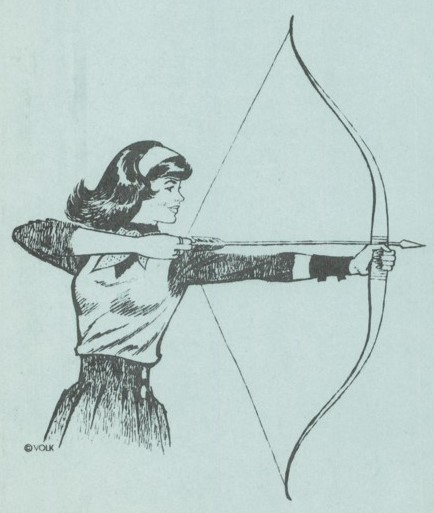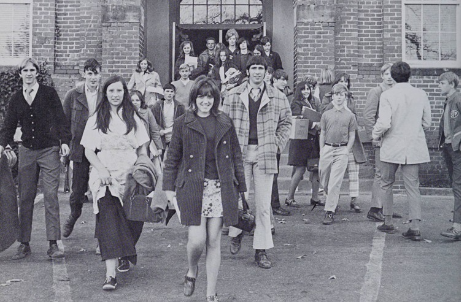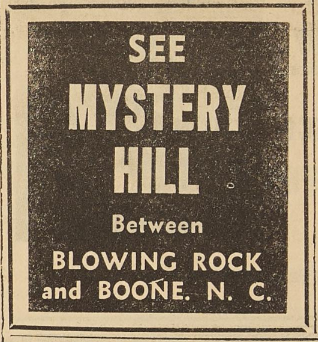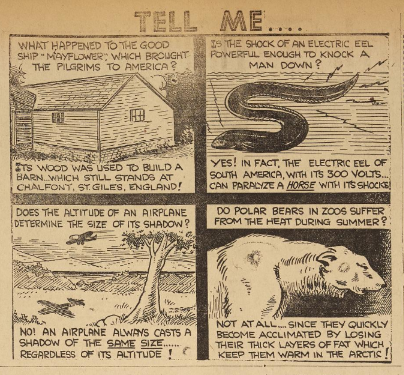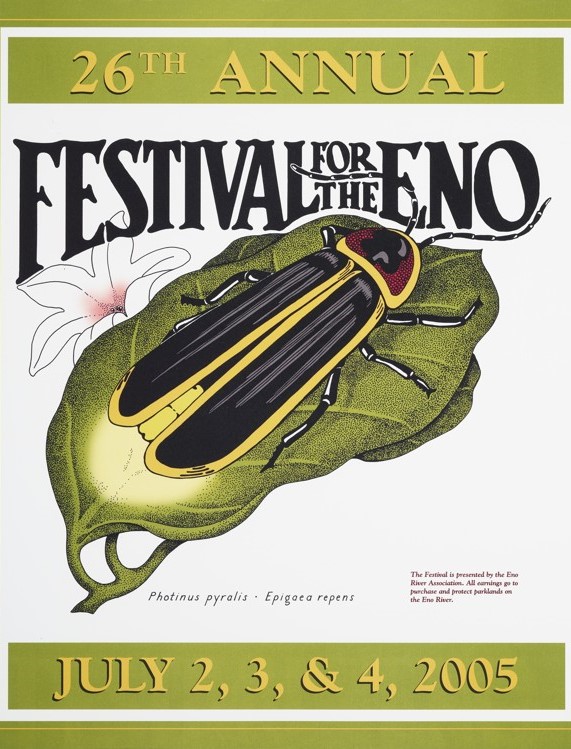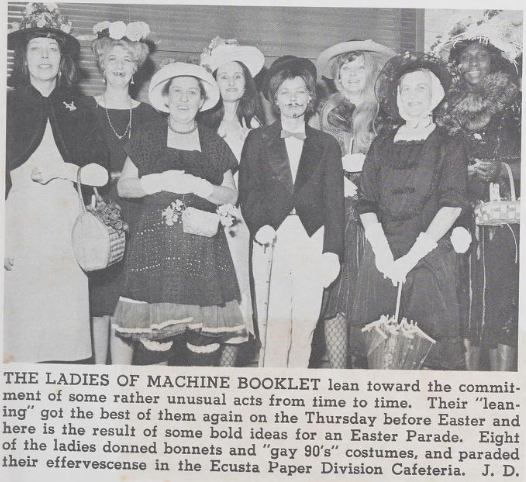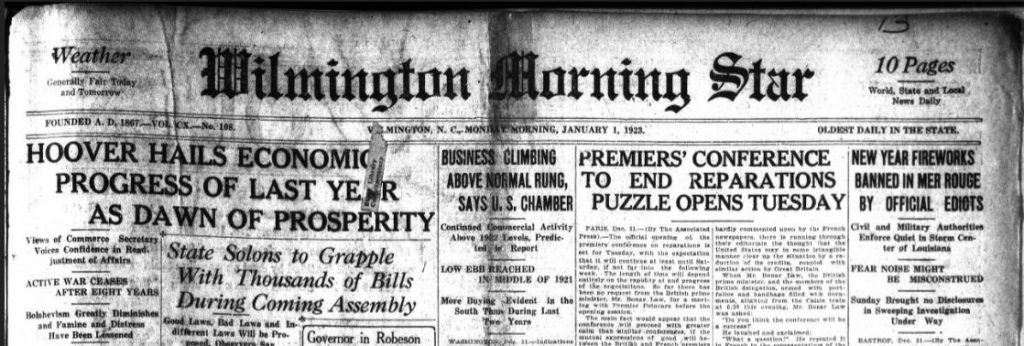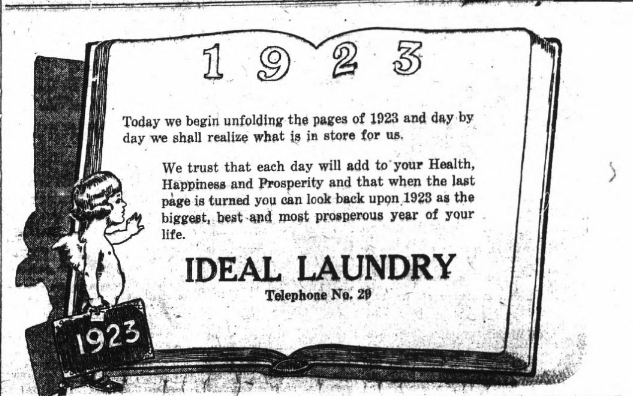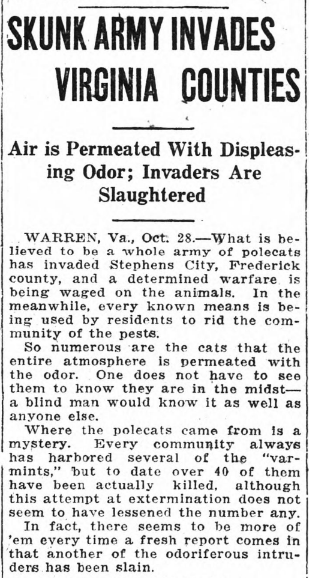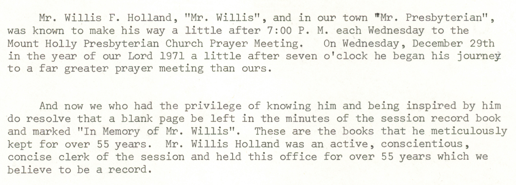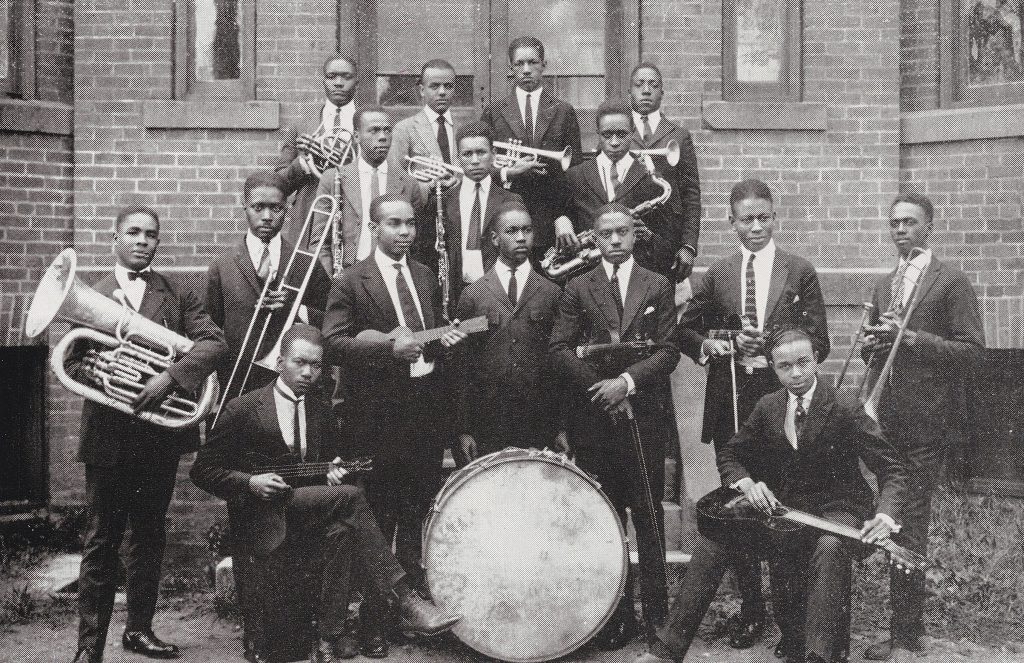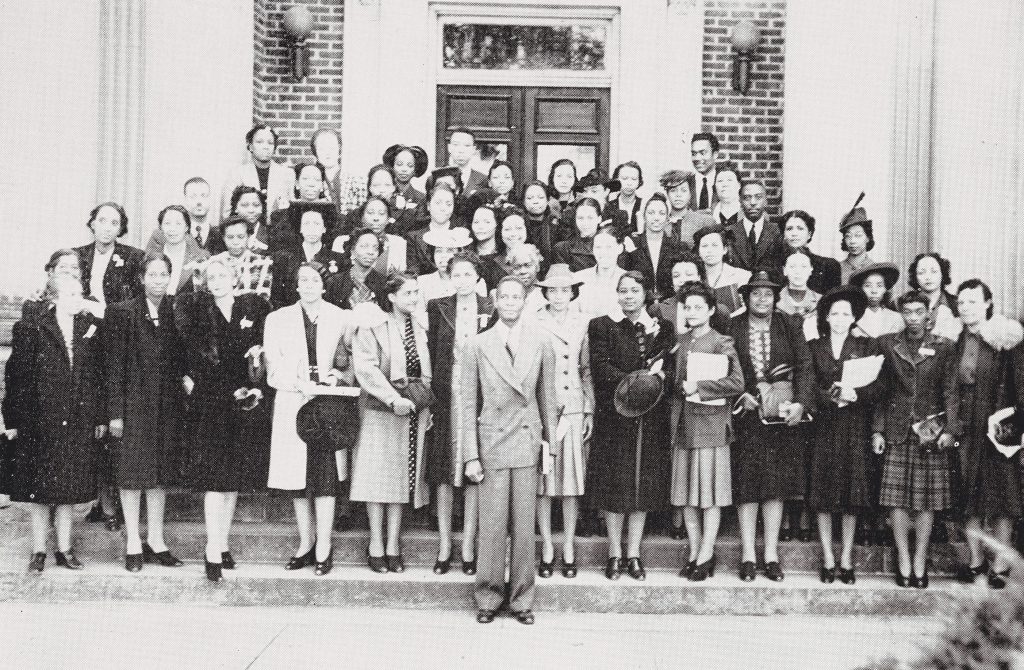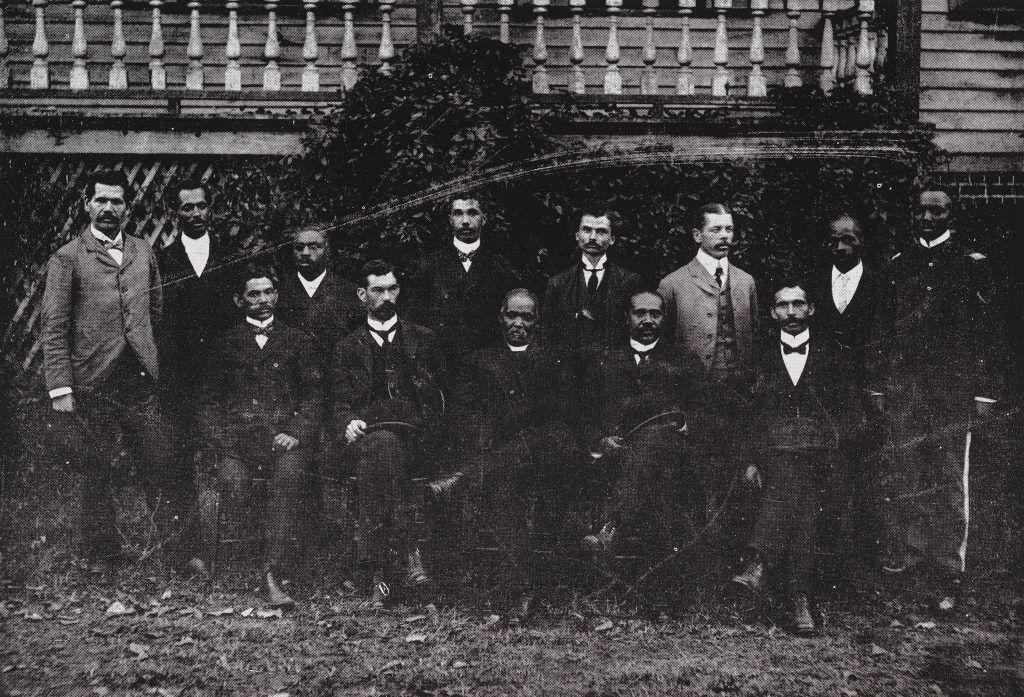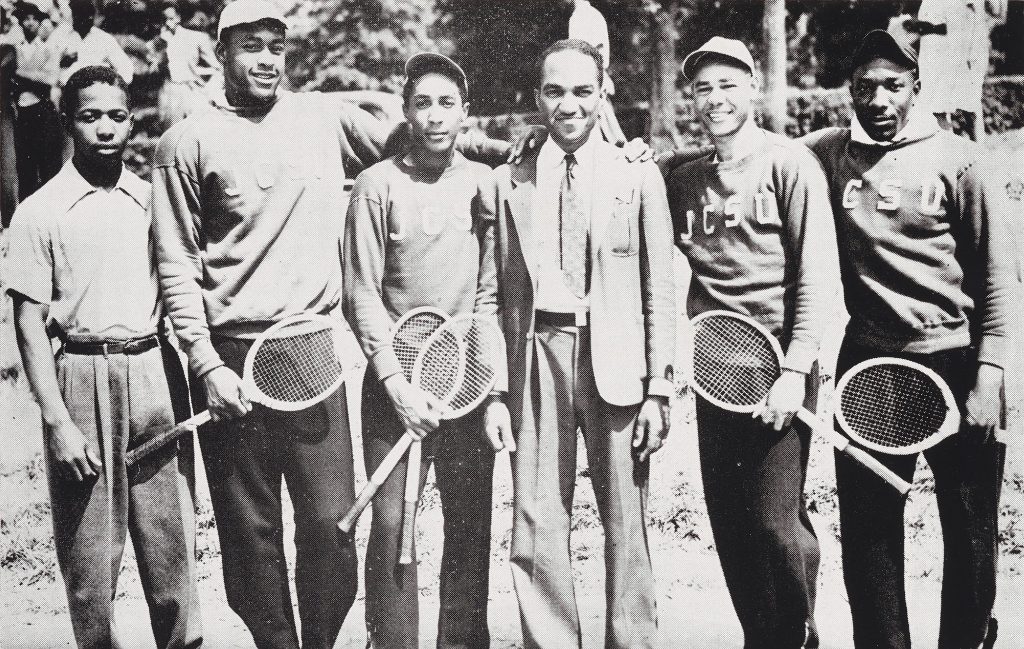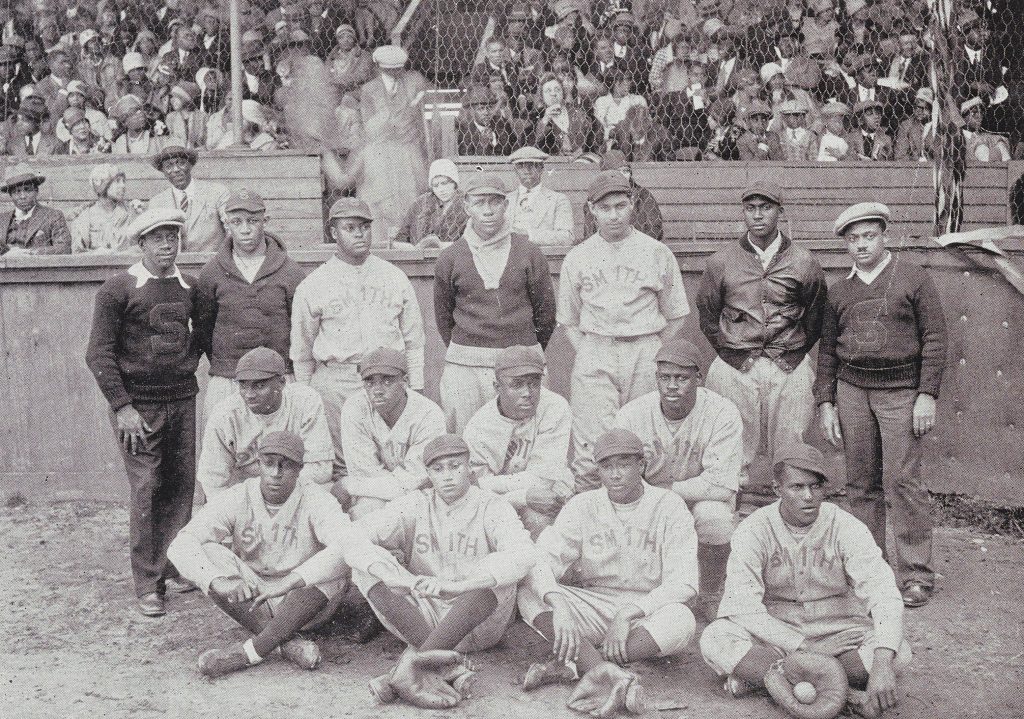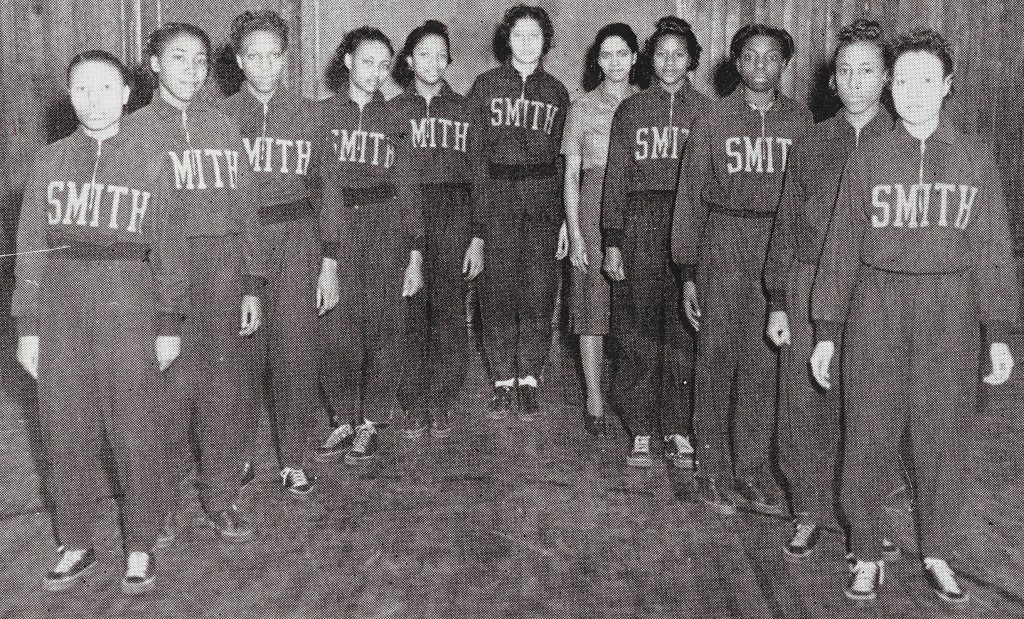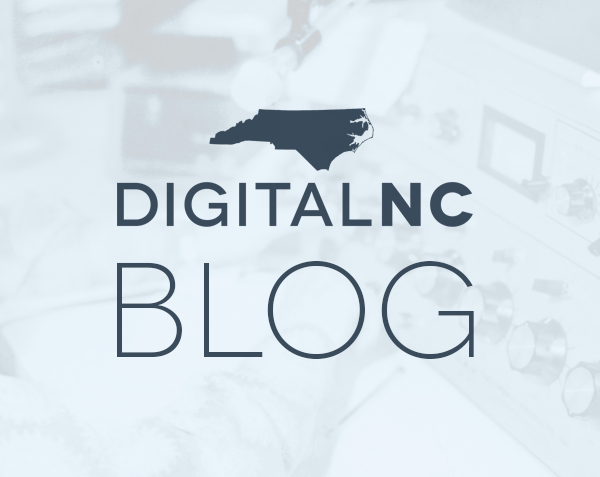Thanks to our partner, Rowan-Cabarrus Community College (RCCC), batches containing RCCC newspapers, newsletters, and bulletins are now available for viewing via our memorabilia collection and newspaper collection. These materials offer insight into the changes on campus, academic programs, student opinions, staff accomplishments, and more spanning from the college’s early years up to 2009.
Rowan-Cabarrus Community College opened its doors for the first time in 1963 as a technical education center with seven pre-employment programs and an assortment of short courses. The year following its opening, in 1964, the school was designated Rowan Technical Institute. Under the provisions of the Community College-Technical Institute Act, this designation as a technical institute made it possible for the school to expand their curricula.
Similarly, following a bill which recognized the synonymous nature of “institute” and “college” in 1979, the school’s name was again changed. The school was known as Rowan Technical College until 1988, when the college trustees made the decision to change the name to Rowan-Cabarrus Community College. Today, the college offers 40+ programs and enrolls an average of 20,000 individuals annually.
To learn more about Rowan-Cabarrus Community College, visit their website here.
To view more materials from Rowan-Cabarrus Community College, please click here.
To view more materials from community colleges from across North Carolina, view our North Carolina Community College Collections exhibit here.
Information about Rowan-Cabarrus Community College was taken from their History of the College page, linked here.

